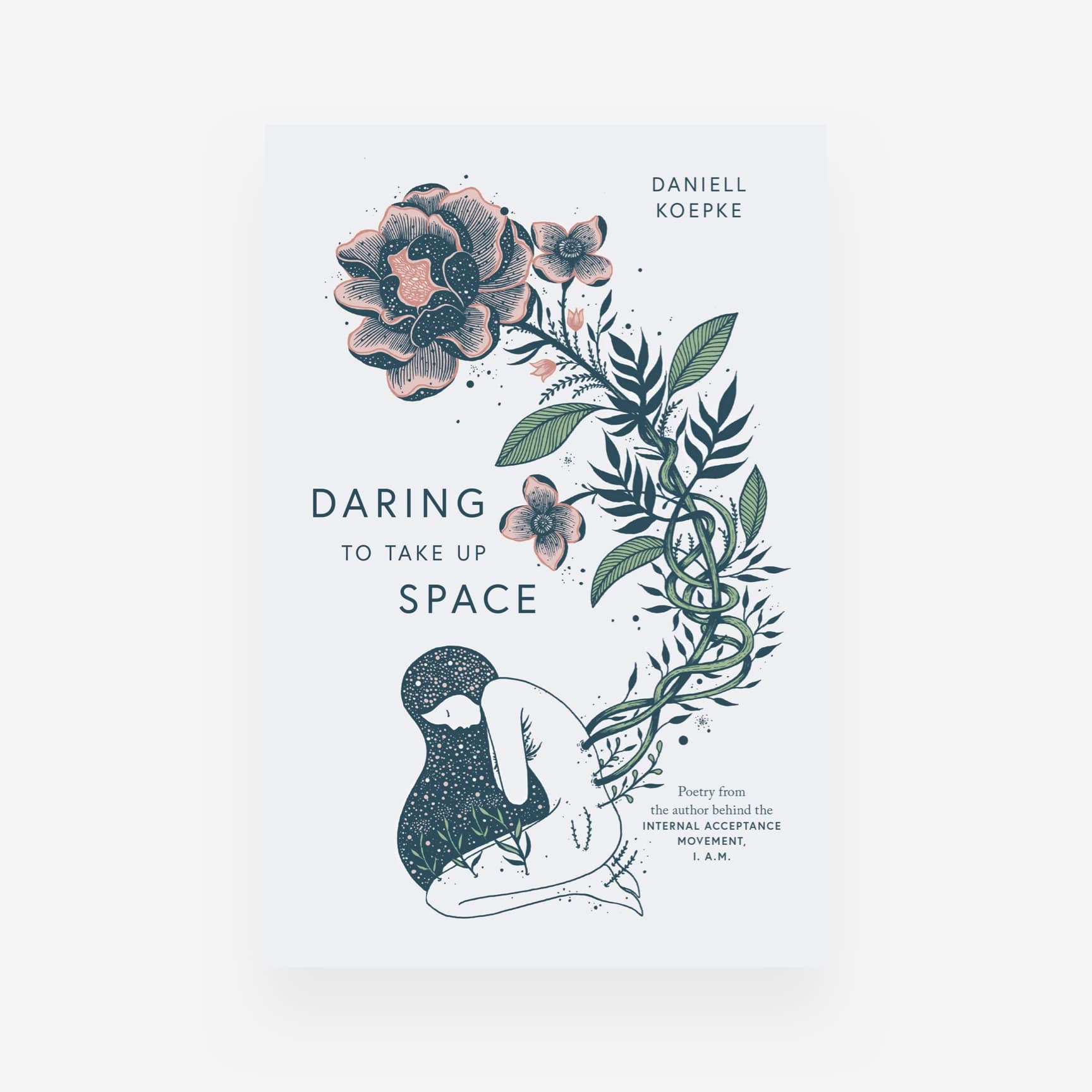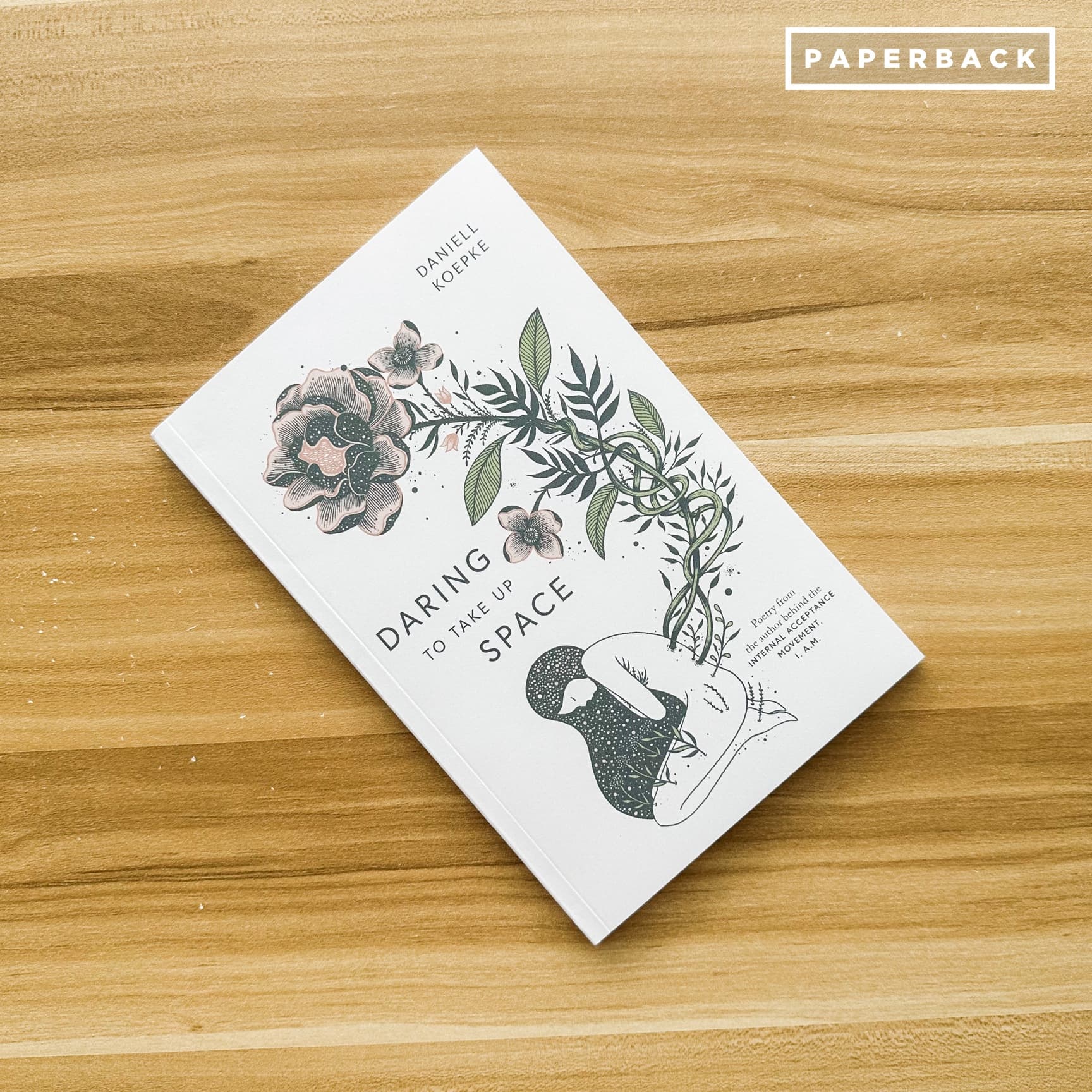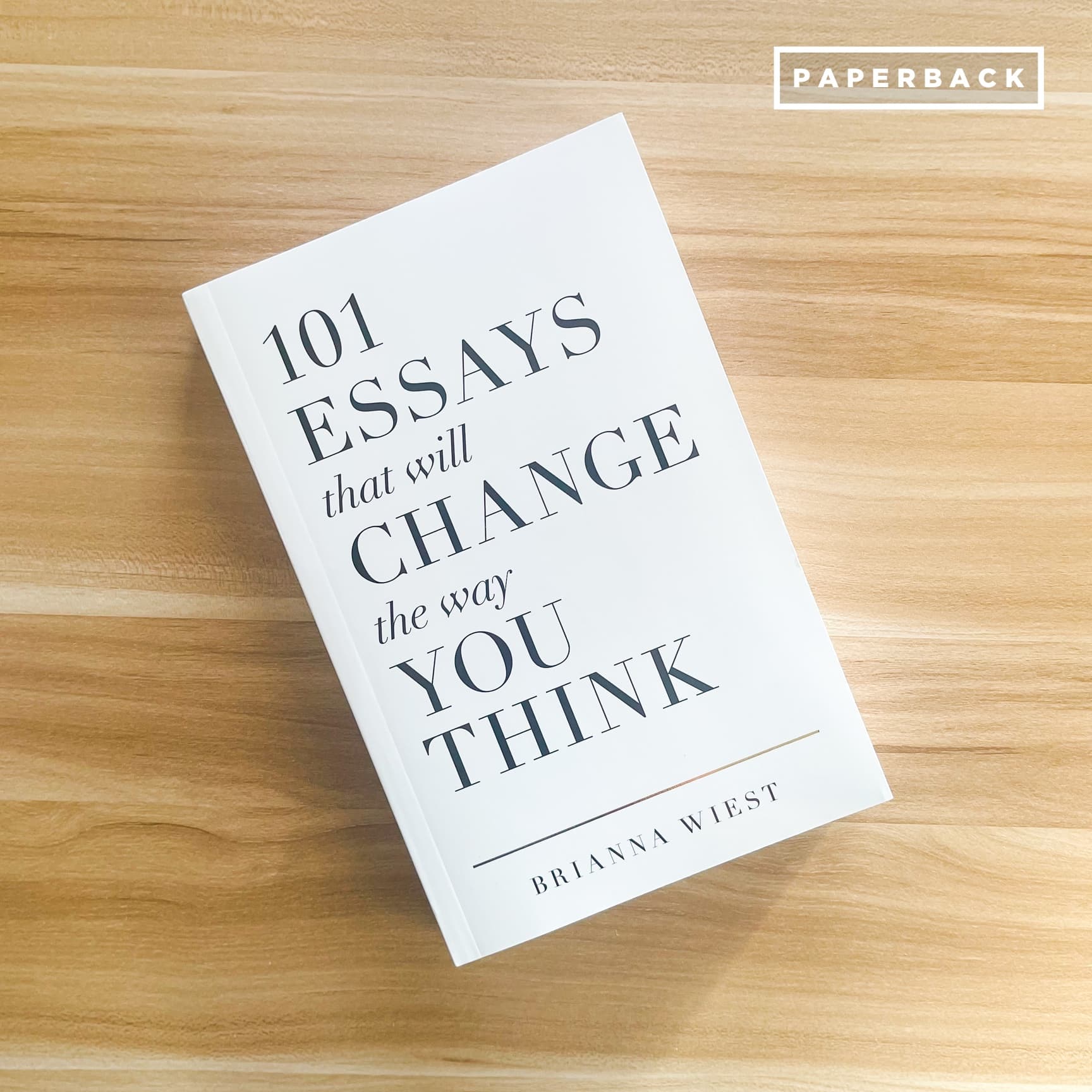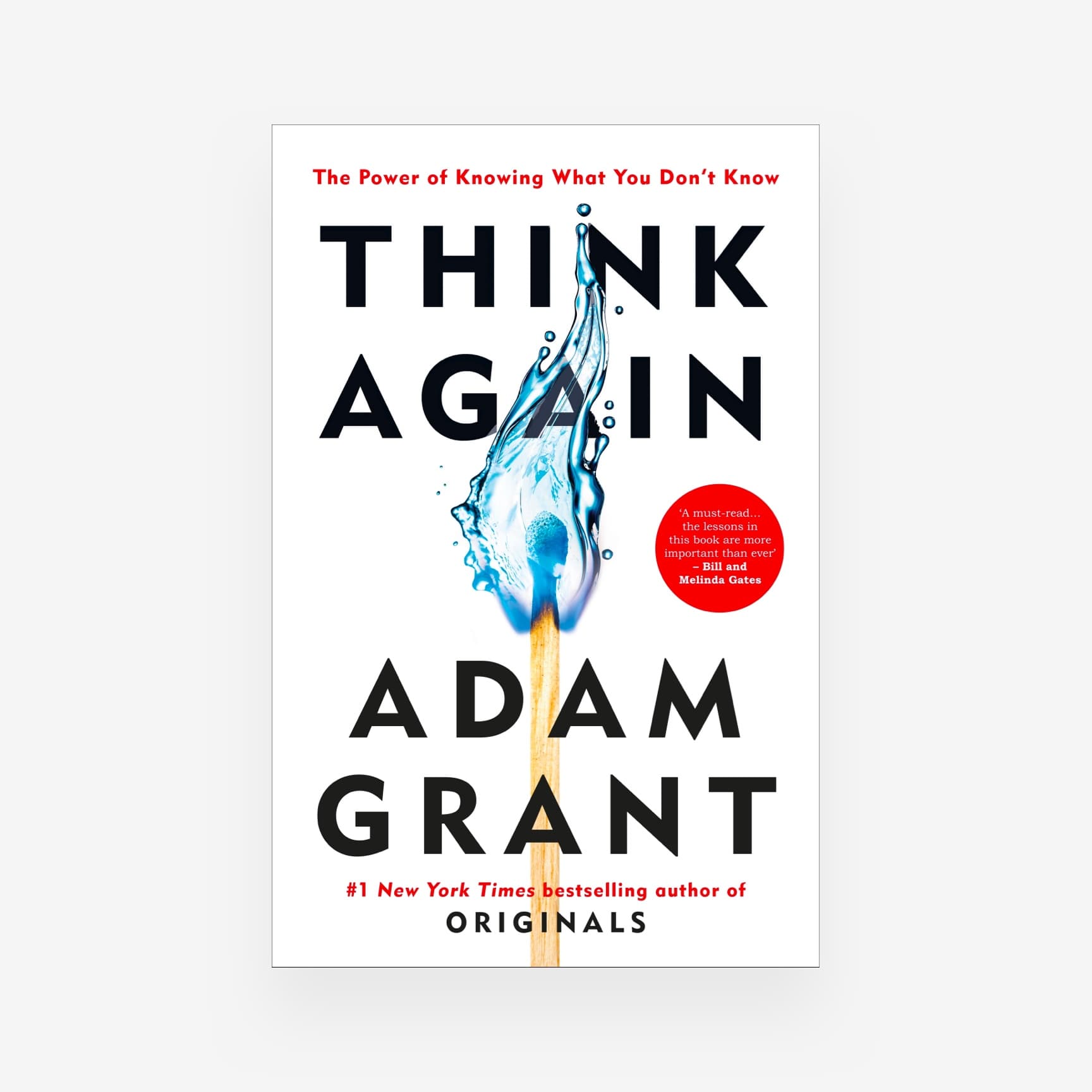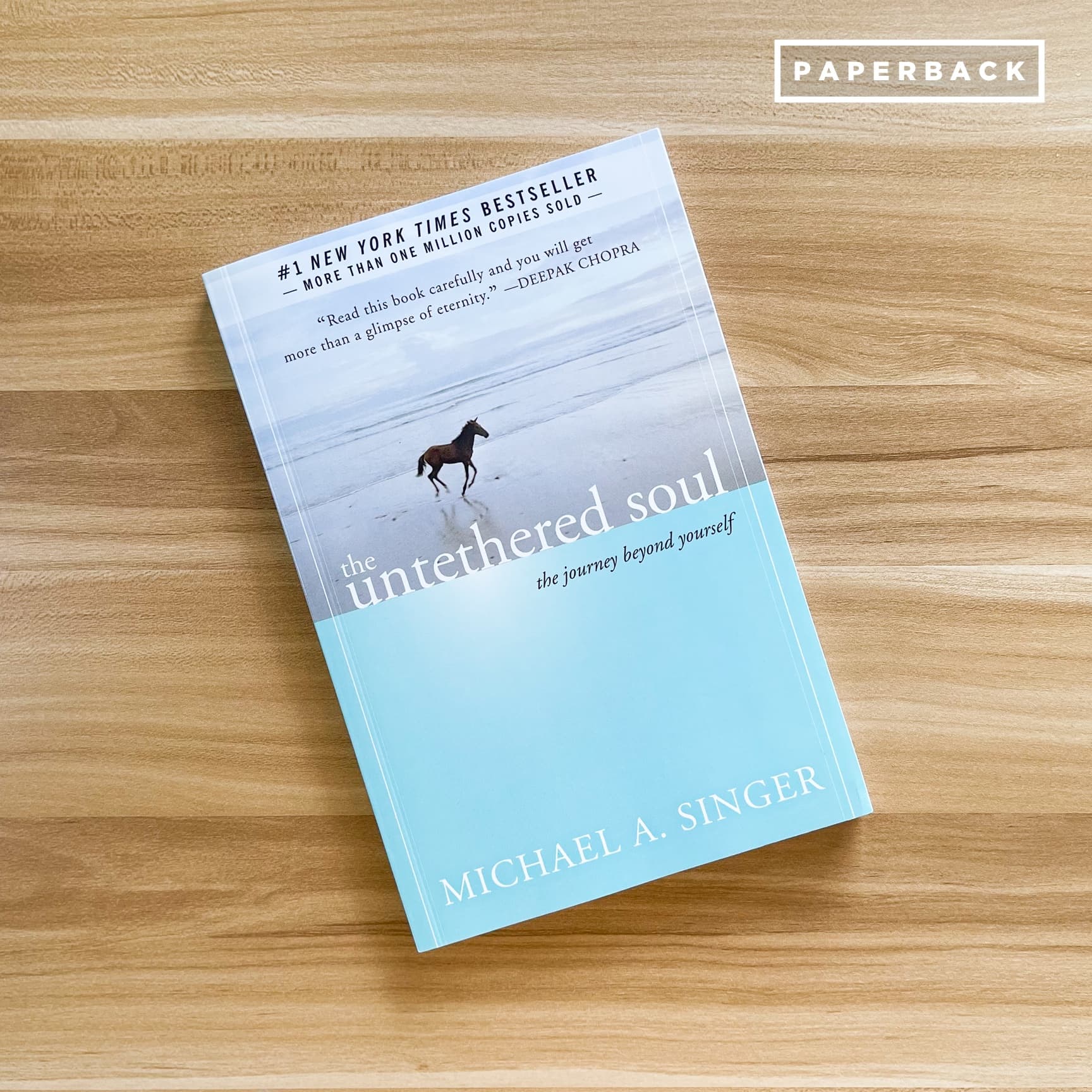Piracy is defined as an unauthorized reproduction or use of another's intellectual property. From this, the act itself is already disturbing. Whether we think a book is bad or good, we can't disregard the effort and process exerted in the creation of a book. And, duplicating someone's work is a blatant disrespect for the original author.
Nowadays, instances like this are unrestricted to physical books and have been widely practiced in social media. Wherein, tons of profit-making offers online sold brand new book copies at cheap prices; and it turns out it was pirated books.
So, how to identify which one is a pirated book from an unreliable publisher?

Photo by All Bong on unsplash.com
1. Cheaper beyond expectations
Oftentimes, they are intended to be mass-produced to maximize the popularity of a book, especially if it is written by famous authors. Instantly, the profit margin is lower, because if sellers make it expensive, people will quickly go to the traditional and legit paperback alternatives. Always remember that pirated books cost one-tenth of the authentic book's price whether it's from an online or physical store.
2. Poor quality
For the unauthorized distributor to keep up with the mass production, pirated books are expected to be of low quality. This is visible to the shoppers and readers since this type of book is printed on dirty, greyed, or cheap paper. Every so often, the texts are printed over some lines, thus having alignment issues. On top of it all, pirated copies are made with a total disregard to precision and care, resulting in a noticeable substandard quality.
3. Low-resolution images
As you can see on the cover page, it is obvious that the images, illustrations, and graphs shown in the books are shabby. Concerning the strict technicalities, quality images require more cost and are crispier when it is printed using their right dimensions. Illegal sellers would face great loss if they have to produce quality images, so the difference is now apparent to readers and shoppers.
4. Unfitting spine
The spine of the book is the most delicate part of the book and has to be bound together with extreme care. In pirated copies, it is evident that it has been attached carelessly. Also, the pages weren't copped down so the spine may shadow on the back or front cover.
5. Verify ISBN registry

On a final note, as readers who found joy, solace, and fun in holding the pages against their hands, it is our responsibility to protect the reading community from unauthorized republication of books. Although, it may feel tempting to buy cheaper alternatives, keep in mind that we may never be able to read from our beloved authors due to a great loss of profit.


